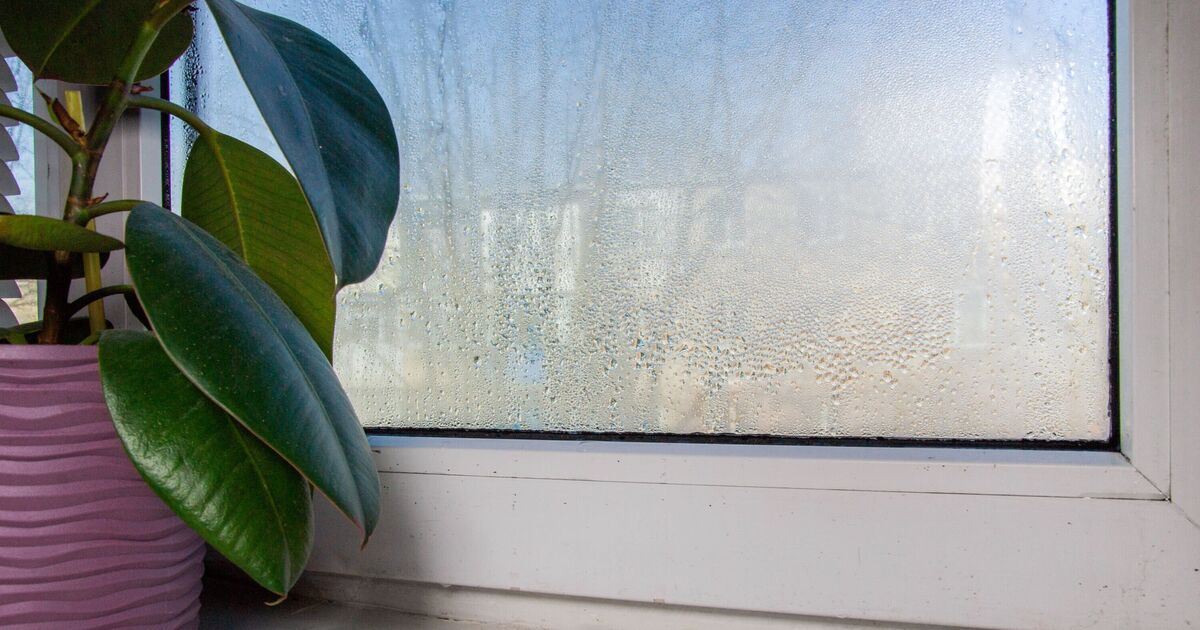Indoor plants are introduced into the home for several reasons, including to help purify the air, collect moisture and absorb harmful toxins.
According to one expert, they can also help to prevent condensation and mould from forming.
1. Peace lily
Wendy Rea, expert florist and manager at Direct2Florist said: “Peace lilies remove toxins from the air and prevent a build-up of mould and mildew around the home.
“Their beautiful leaves make them a perfect choice to freshen up and brighten our indoor space in the darker, colder months.
“Peace lilies prefer indirect sunlight, so keep them away from windows to keep them from drying out and make them last longer.”
They also have a natural ability to absorb mould spores from the air so they can also prevent condensation.
2. Snake plant
The florist explained: “Snake plants are a natural air purifier that is known to remove harmful chemicals from our homes. These plants are so easy to care for as they will thrive in any space.
“You can place them in any desired space around the home and they will remain fresh and healthy during duller winter seasons.”
This houseplant purifies the air by absorbing toxins through the leaves and producing oxygen.
They are also great at removing plenty of harmful chemicals such as xylene, trichloroethylene, toluene, benzene and formaldehyde.
3. Orchids
Wendy continued: “Orchids are a great addition to places we go to relax in the home, such as the bedroom or living room, as their benefits help relieve stress and boost relaxation, counter depression and anxiety levels.
“They also improve focus by improving air quality, so they are beneficial to introduce to a workspace.
“Orchids require a little more care than other plants and need to be watered regularly, once a week is ideal.
“They need to be placed in an environment with a stable temperature, so it’s best to keep them away from windows and radiators.”
To help prevent condensation and then mould, introduce these houseplants into rooms like the kitchen, bedroom and bathroom.
In the winter months, be careful not to overwater your houseplant or they could run the risk of root rot.
It’s also important to repot them now if they have outgrown their current home as they will soon be entering dormancy.












